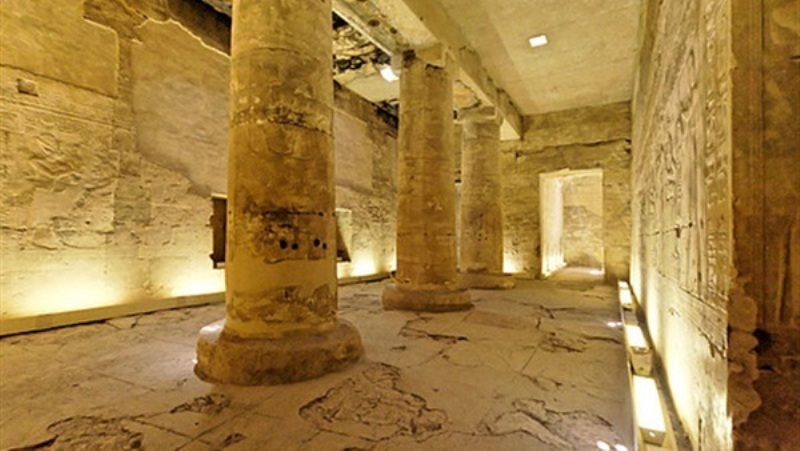You’ve just got to try to do everything you can when it’s your time to do it. Sol Giunta, Army Staff Sgt, Medal of Honor Winner, 2010
Imagine you are an Egyptian woman living in 13th century B.C. Egypt. You and another highly skilled woman are heads of the Guild of Midwives.
You’ve traveled from your dwellings in Goshen, east of the Nile, where the Israelites had settled four centuries before. Why? You’ve been summoned to the palace of Rameses II, ruler of Egypt, one of the most powerful kingdoms on earth. That he wants to see two women whose vocation is delivering babies is astonishing–and troubling.
You stand before that figure seated on that throne in your worn sandals and your homespun robes and hear him telling you to start killing newborn Hebrew baby boys.
Imagine that you will not comply.
I love this account.* I love the refusal of the two midwives, Puah and Shiphrah, to be intimidated by one of the most powerful men in the world. I love their quiet, fierce resistance to evil. These women, we are told, feared the God of the Hebrews and He rewarded their resoluteness on behalf of His people with households and children of their own.
Consider the consequences of their courage:
- Their resistance made it possible for a large population of men, saved as infants, to eventually leave Egypt.
- These men—and the other million souls—were led by Moses, another baby also miraculously spared.
- They had sons and grandsons born and bred in the desert.
- Eighty years later, Joshua would train descendants of many of those babies spared by Puah and Shiphrah. And, skilled in the military arts, they would take back the land of Canaan in brilliant lightning military campaigns.
Resist the devil and he’ll flee. Don’t be overcome by evil, but overcome it with good.
Not just biblical maxims, but powerful spiritual truths.
If you’re in need of a shot of courage, remember Puah and Shiphrah and all the midwives who stood with them. Dig deep. Let the enemy look at you and underestimate.
*Exodus 1
Photo: Lobby, Palace of Rameses II

